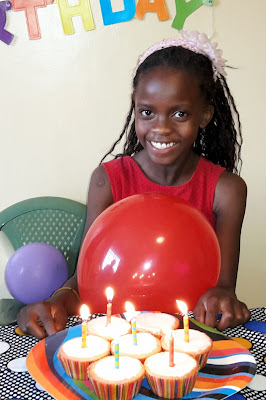My to-do list can wait
I have hidden myself away in solitude
I have come expectantly to walk with You in the woods
I retreat from the world and enter your sanctuary
The distractions of the world fade away
I am here to walk with You in the quietness
The grating noise of traffic is swallowed by the calming sounds
of nature
Responsibilities are but a fleeting memory
Nothing else matters, nothing but You
You have summoned me, called me by name
An invitation I too often ignore
I am here to walk with You
On this day, I submit and I come
You are here and meet me, as I stroll
It is no surprise, as You are ever faithful
On this day and in this moment
It is Your voice that I want to hear
Only Your soft words
I pause in my steps
There’s a tranquility, a hush
An awareness of Your presence surrounds me
Your design and purpose are so evident
The beauty of Your creation arouses my senses
I immerse myself in You
I feel the warmth of the sun on my shoulders
And the gentle breeze brushing my face
Both are a special touch from You
The vivid colors of the azure blue sky and striking white
puffy clouds
Such a multitude of green shades from the tree-tops
All pleasing as my eyes look upward
Brilliant orange and bold red, flashy pink and splendid yellow,
majestic purple and delicate white
The fragrance of flowers fills my nostrils and I breathe
it in deep
A bursting bouquet of aroma
As I close my eyes, the chirping and singing of birds
fills my ears
Melodies written for Your pleasure and for mine
God’s symphony in nature
I am delighted as I walk with You in the woods
The meandering and babbling brook relaxes my spirit
A peaceful and calming sound of contentment
I am awake and stimulated
I taste and I know that You are good
Your very essence is radiant and pure
Butterflies dance in worship to Your name
As You lead, they follow – first here and then over there
All of creation offers its praise to You, the Most High
God
I sit a spell and feel the coolness of the grass
Suddenly I am overwhelmed and moved to tears
I am aware Your presence, so intimate and tender
You whisper in my ear
Phrases and poetry of love
An unexpected word of needed guidance
I walk with You in the woods hand-in-hand
You lead and I follow, you are my guide
I listen to You, I worship You
My role is to create the space
An environment in my inner being
I have prepared my heart, my mind, and my spirit for You
I walk with You in the woods
Sometimes in motion, other times in stillness
You come to me like a gentle breeze rippling through the
leaves
I walk joyfully with You in the woods
You are my Lord, my Father
I am Your child, your companion
If I make the effort, I find that You are already there
You are ever present when I silence my inner being
Satisfaction fills me as I walk with You in the woods
















































